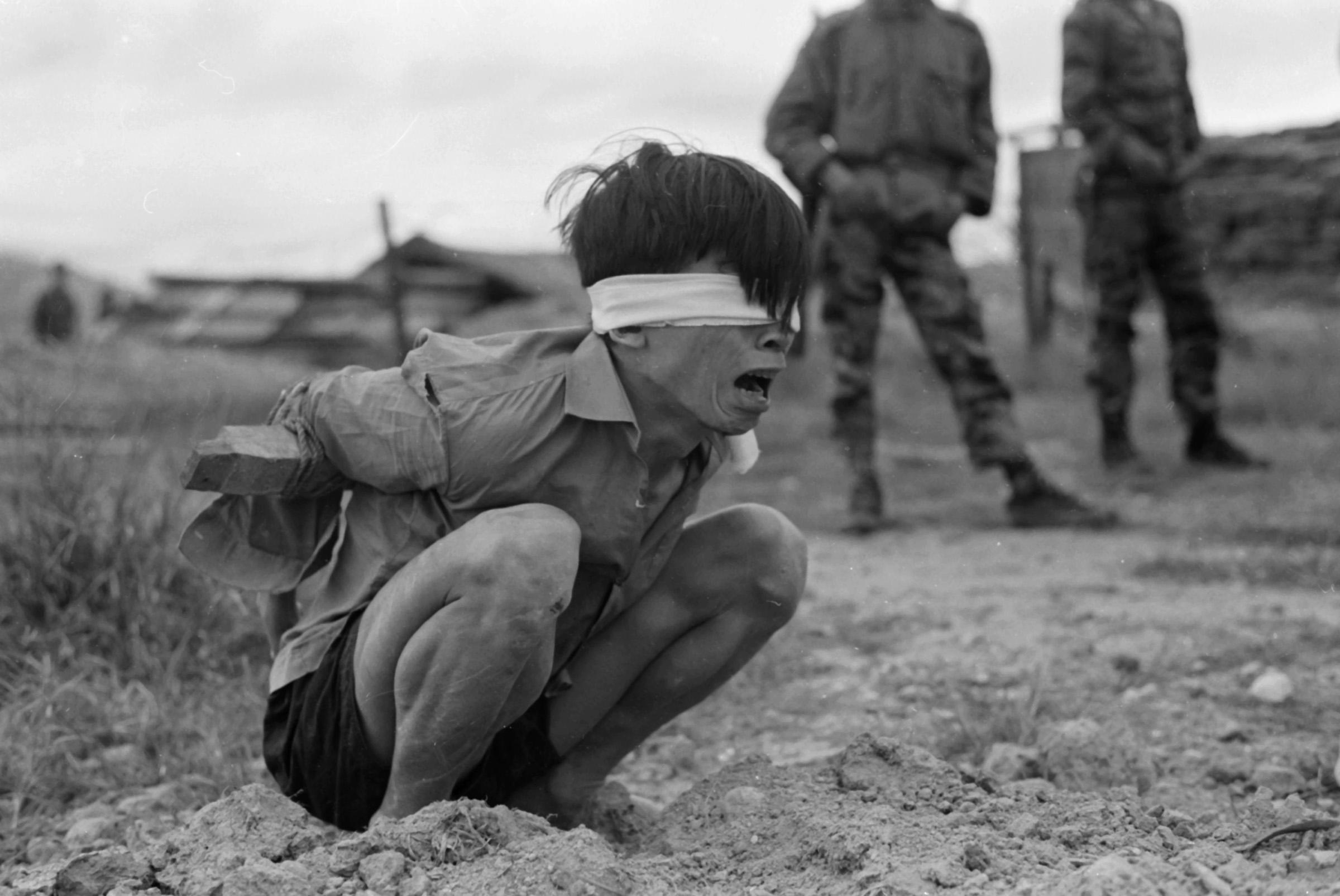Technology has its advantages and disadvantages. Over the last few decades, the rise in the use of technology for defense or security has been astounding. Not only has technology helped in avoiding dreadful crimes but also in interrogating and punishing the culprits and the suspects. Torture is an integral part of it. It is methodical to think of the torture as a good thing if done in the name of security of people. Better torment one than wound many. Torture techniques have evolved from wall-standing, subjection to noise, sleep and food deprivation, violent shaking and beating to electric shocks, lie-detectors, subjection to extreme heat or extremely cold water or air and so on. Some of these have been banned due to their extreme nature having caused permanent disability in many detainees.
I think it is important to understand the pain and the process of torture before one expresses their opinions on this issue. It feels justified when it’s done on others but when someone we love is stuck in that process of inquest we do not want it to cause mental and physical affliction, especially when someone is still a suspect. Let’s see the good and bad sides of torture.
Gone are the days when criminals were uneducated and poor people trying to meet their daily needs by robbing by-passers or breaking into houses. Nowadays, we see well-educated criminals and terrorists who are rich as well and make good use of the technology around them to beat the police and do evil. Recent incidents of bombing and mass killing have made interrogations of suspects a very serious matter and thus torture is justified. If a time bomb is about to explode and the suspect held is guilty, but still not yielding its location, crucifying such a person is explicable. They are anyway to be punished and saving thousands is rational than losing one.
Also, modern intelligence agencies that function concurrently across the world have lessened the chances of catching the wrong person who is accused. With the western interference in the Middle East, it is likely that the terrorist activities will continue to rise. With such being the case, afflicting the defendant by making them feel low and dependent through excruciating pain seems justified. Terrorists and spies keep their beliefs and actions above law and life of the people. Even if a suspect, temporary pain can be compensated by keeping other countless innocent lives out of danger. Conclusively, torture is basically nothing but self-defense wherein you go to any extent to save your life.
On the other hand, every life is important and has the right to live respectfully unless it is guilty of anything and needs to be punished. There is no clear end to interrogation. It will be on until the suspect yields something which apparently seems conducive to the officers. The suspect might have already spoken the truth, but the gravity of the situation might not let him free. Also, many cases in the past reveal that the accused threw false information just to get a relief from the unending torture at least for some time. Speaking of which, the accused may also hold the information and bear the pain until the explosion has taken place, not to forget that these are trained people ready to die for illogical beliefs. The point is there is no unfazed way of understanding whether the defendant is right or wrong. Torture does not always work as it creates hatred and mistrust and thus may take time to draw the necessary information. Furthermore, if found guiltless, the humiliation and the torment can have lasting effects on the identity of the victim making it difficult for them to survive in the society not to forget the physical and mental scars that follow the brutish process.
Finally, I think torture used for national security is justified but conditionally. It should be used progressively. There are many other painless techniques like brain mapping, narco analysis test, lie detector test, demeanor deception, facial and linguistic analysis, etc. which the interrogator should start with once the suspect has failed to yield any positive or useful information. In the heat of the moment and the pressure of saving many other innocent lives, this might not always be possible or might be time eating. But turning to torture can be and should be delayed or avoided as much as one can by just being conscious about the human life.



5 Responses
I believe that the ends never justify the means. And when a person can’t justify the means behind their actions by looking at the situation from the other person’s perspective, they should whole heartily accept full responsibility for the outcome of their actions or inactions. Only when we are able to question the motives behind our own actions instead of just our opponents can we truly judge what we would do in their shoes.
whos the author
suspects such be well taken care of of find not guilty and possibly published on media
But torture is temporary. Death is permanent.
I think a human would never torture anyone just for listening some phrases about secrets of another country or an terrorist. Other ways which do not harm physically or mentally should definitely be used